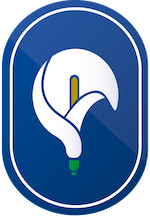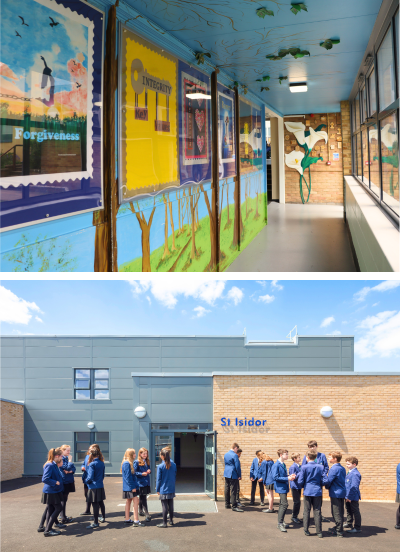CAMBRIDGE NATIONAL IN ENGINEERING DESIGN
🎓 The Course
Engineering Design will encourage students to understand and apply the fundamental principles and concepts of Engineering Design, including the design process, types of drawings, influences on design, and the use of Computer Aided Design (CAD).
Students will learn practical skills that can be applied to real-life contexts and work situations, think creatively, innovatively, analytically, logically and critically.
Projects will encourage students to analyse problems in design terms through practical experience of solving such problems, including designing, modelling designs to meet a design brief, understand the different stages of the iterative design process, evaluate designs through product disassembly and the process of using product analysis.
📝 Assessments
The course is assessed through 3 Units, both internally and externally assessed. The units are broken down in to:
R038: Principles of Engineering Design


In this unit, students will learn about the different design strategies and where they are used, as well as the stages that are involved in iterative design, which is currently one of the most widely used design strategies. They will learn about the type of information needed to develop a design brief and specification, and the manufacturing and other considerations that can influence a design.
Students will develop knowledge of the types of drawing used in engineering to communicate designs, as well as the techniques used to evaluate design ideas and outcomes, including modelling methods.
R039: Communicating Designs


In this unit, students will learn how to develop their techniques in sketching, and gain industrial skills in engineering drawing using standard conventions that include dimensioning, line types, abbreviations, and representation of mechanical features.
Students will enhance their confidence and capabilities by using computer aided design (CAD), 2D and 3D software, to produce accurate and detailed drawings and models that visually communicate their designs.
R040: Design, Evaluation and Modelling


In this unit, students will learn how designers can quickly create and test models to develop a working prototype of a design. They will develop their virtual modelling skills using computer aided design (CAD) 3D software, to produce a high-quality model that will be able to simulate their design prototype.
Students will also develop their physical modelling skills using modelling materials or rapid-prototyping processes to produce a physical prototype.

Subject Contact:
Miss Mallows


